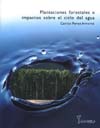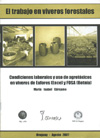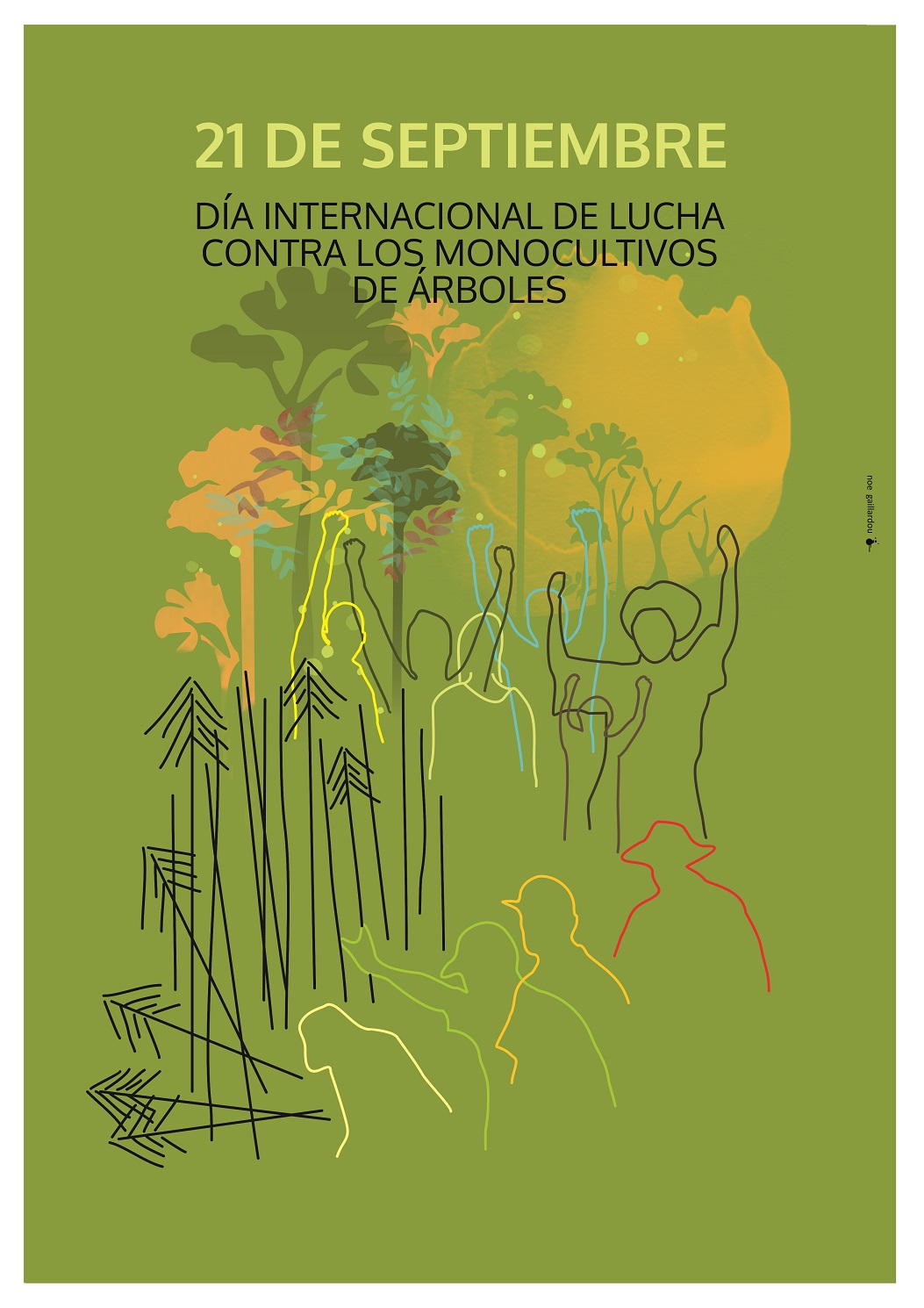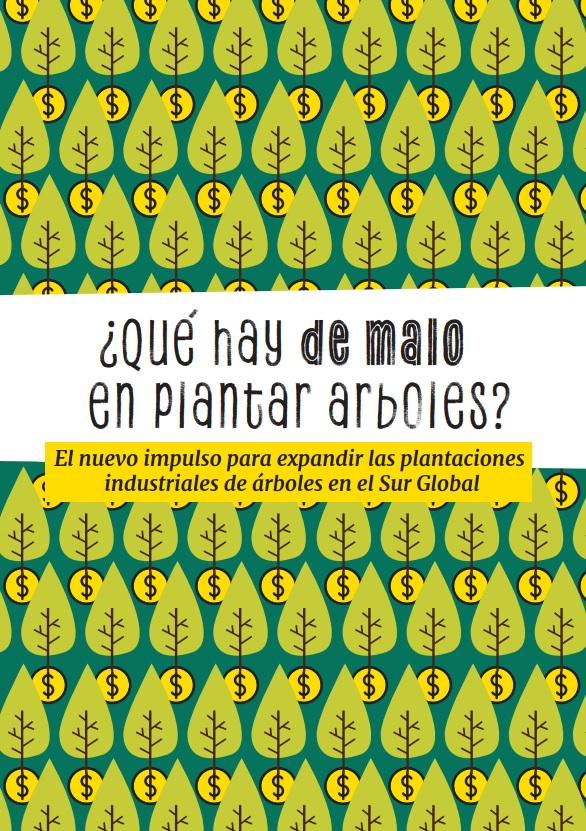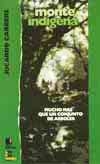The Court of Appeals on the amparo action filed by the Movus against UPM ratified the first instance ruling that rejected the proposal to suspend the works of the pulp mill in the department of Durazno, as long as the company did not fulfill the prerequisites required in its environmental authorization.
The court’s ruling did not modify the fact, demonstrated in the first instance, that the construction of the plant began without the environmental baseline and the effluent discharge system in the Río Negro being approved, but it alleges that it is a problem of interpretation of the ministerial authorization of the project.
While those of us who file the amparo action understand that these requirements are prior and define the convenience or not of installing the pulp mill in that place, UPM alleges that the work is a set of projects that are approved individually, without admitting the relationship of precedence of some over others.
Can a work of this magnitude be built without knowing the previous environmental conditions in its area of influence? Can a baseline be subdivided, claiming that earthworks, explosions, and works will not affect the quality of surface waters and aquifers in the area and the biota of the Río Negro?
Can a pulp mill be installed on a watercourse, already with contamination problems, without having a valid proposal for the dilution of effluents with organic and toxic chemical elements that will be discharged into the Río Negro? If no acceptable solution is found, who will decide to tear down the plant?
Unfortunately, it seems that we have not been clear enough to explain the strictly technical reasons from the environmental angle that justify our action and the Court was inclined towards the interpretation carried out by UPM and that, in fact, has been consented to by the National Directorate of Environment (Dinama), violating the ministerial resolution.
Although it admitted its technical suitability, the Court did not consider the statements of the Movus witnesses, professor Daniel Panario and engineer Carlos Anido, invoking their convictions, as if they could not have ideas. Very different was the case of the witness presented by UPM, also discarded by the Court, for being an employee of the company.
Ultimately, the foundation that motivated this amparo action is still in force. That this UPM project continues under these conditions is a threat to the integrity of the environment and Uruguayan society. From now on, we will appeal to all possible instances to rectify the course or stop it permanently.
Movement for a Sustainable Uruguay (Movus)
December 9, 2020.




